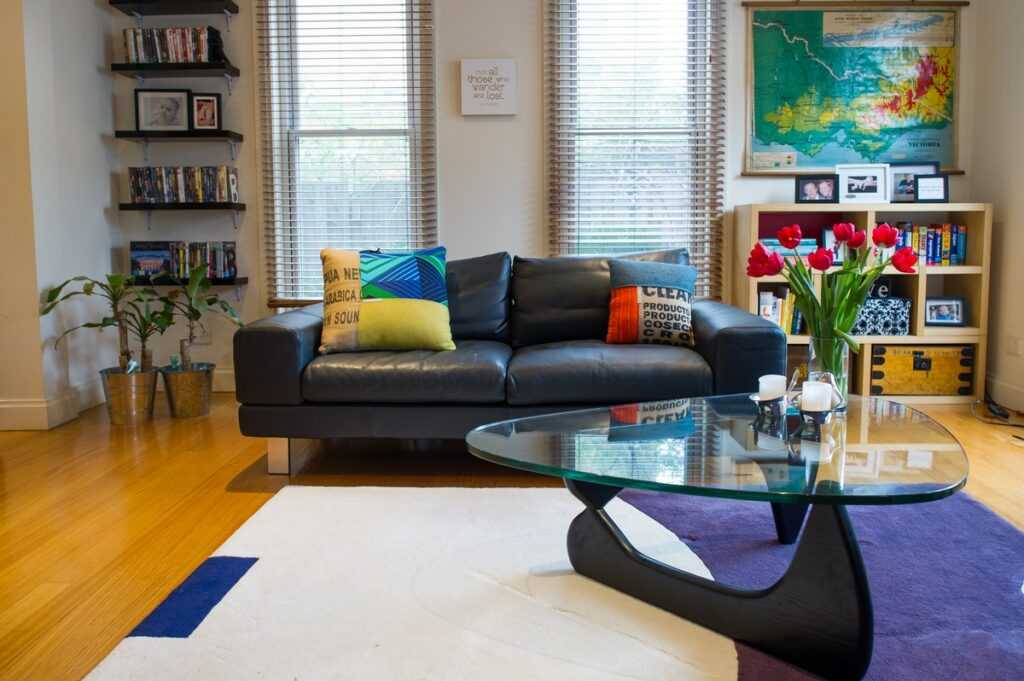Heating: environmental considerations

Let's look at how a few wise decisions can help you keep your home warm in winter while saving energy and money. Staying warm during the winter months can be good for the environment and your wallet. We have put together a list of considerations for you when heating your home, including design tips, saving energy in your home and choosing energy efficient products.
Energy efficient design advice
Energy-efficient design and construction will help you save considerably on your heating bills and do something for the environment. What's more, it doesn't cost more than a conventional building. Let's identify some key design elements below:
- Maximise the amount of winter sunshine available - install living spaces on the south side of your home with windows facing south to maximise the winter sun and filter out the hot summer rays.
- Create zones that allow you to heat only sections of your home. Create zones using doors or screens.
- Position rooms that are likely to use hot water together (kitchen, bathroom, laundry room) to reduce heat loss through the pipes.
- Avoid wide spaces, undivided rooms and high ceilings. The maximum ceiling height should be 2.7 metres.
- Quality insulation - preventing heat from entering or leaving through the roof, walls or floor.
What can I do in my current house?
There are many things you can do in your current home to ensure that it is heated and to save energy:
- Keep the heat in by placing heavy blinds or drapes on the windows
- Open north-facing window coverings when the sun is shining - this natural heat is free
- Protect your home from draughts - draughts can increase your heating bill by up to 25 per cent. This can be as simple as putting up door sweeps and remembering to close doors and windows.
- Use an appropriately sized radiator - using a small radiator to heat a large space will increase your running costs and you still won't get adequate heat. Similarly, if you have central heating and only use it in one room, you are wasting energy.
- Reduce the space you need to heat - insulate unused rooms by installing drapes or doors.
- If you are cold, why not put on a jumper rather than turning up the heat?
- Don't overheat your home - the average temperature of a home in winter should be between 18-21 degrees
- Don't leave your heating on when you're away or asleep - it's actually cheaper and more efficient to turn it off during these times and on when you're there.
- Use ceiling fans to circulate heat
What are the property prices at the moment?
How to choose energy efficient products?
The above tips will not work if you do not use energy efficient products. Here are the things to keep in mind:
Insulation: insulation prevents heat from escaping through the ceiling, walls and floors. When buying your material, make sure you take the standard insulation system suitable for your climate which should be available from the retailer. Insulation systems made from natural materials, such as wool and cellulose fibre, are more sustainable and environmentally friendly.
Windows: Windows are the backbone of a home's overall energy efficiency. This is an essential consideration because up to 40 per cent of heat escapes through windows.
Energy source: You can choose between electricity, gas, wood, coal and solar energy to heat your home. Natural gas is better for the environment than electricity but some neighbourhoods may not have access to it. Contact your electricity provider, as some offer environmentally friendly options that use wind, solar and renewable resources.
Heating system: you need to choose the right heating system for your home. You will need to consider the size of the space you wish to heat, the type of fuel and the heating system.
Written by
atHome
Posted on
09 November 2010
